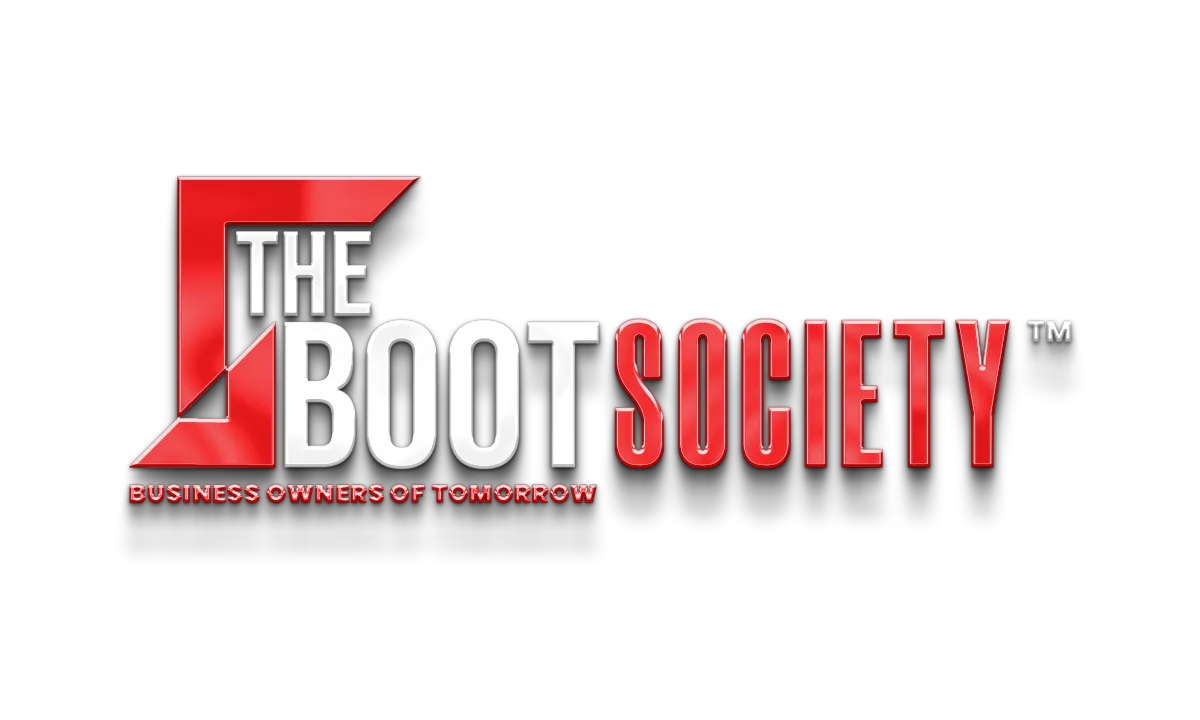Blog
What Are the Characteristics of a Good Team Leader?
What Are the Characteristics of a Good Team Leader?

Dennis M. Postema
August 5, 2024
The Seven Essential Traits for Great Managers
Your organization relies on you as its glue to manage its intricate dynamics. Discover seven essential traits of leadership that distinguish great managers and promote successful team management.
1. Communication Skills Development.
Effective leadership relies on communication. Managers with outstanding communication skills are able to clearly outline their company’s goals, instill confidence, and foster an open environment – while poor communications may result in misunderstands, confusion or division within teams.
Positives: Effective communication helps build trust, cooperation and clarity between parties involved. Effective communicators set clear goals, listen carefully and provide constructive feedback.
Negative Effects** Poor communication leads to misunderstands, uncertainty and missed deadlines.
Be a better communicator: Hold regular team meetings, encourage open dialogue and offer communication training to your employees.
2. Emotional Intelligence & Empathy
Empathy brings team members closer by creating a sense of belonging and understanding. Managers with high emotional intelligence excel at managing interpersonal dynamics, resolving conflict and building trust – while lacking empathy may result in negative work environments and increased turnover rates.
**Positive**: Empathetic leaders create a productive workplace culture by listening and understanding the perspectives and feelings of team members, motivating them, and finding solutions for any conflicts peacefully.
Negative Impacts: Managers lacking empathy may find it difficult to connect with their staff, leading to low morale and increased staff turnover.
Be an Empathic Leader: To promote empathy through team-building activities, emotional intelligence training and self-reflection exercises in order to better comprehend other people’s perspectives.
3. Adaptability and Flexibility
In fast-paced environments, adaptability is a necessity for managers who hope to lead their teams effectively through challenging situations. Adaptable managers welcome change as an opportunity for growth, and encourage their employees to innovate.
Positives: Agile managers encourage innovation and adapt strategies quickly in response to shifting circumstances, building team trust.
Negative Aspects**: Rigid managers stifle creativity and development by driving away team members and missing opportunities.
Be an Empathic Leader: To promote empathy through team-building activities, emotional intelligence training and self-reflection exercises in order to better comprehend other people’s perspectives.
**How to Be Flexible:** Encourage experimentation and the exchange of diverse perspectives.
4. Decisiveness and Accountability (Part Two)
Decisive leaders provide teams with confidence and clarity as they meet their goals, making quick, informed decisions to support action taken swiftly by teams. Indecisiveness delays progress while undermining trust.
Positives: **Decision-makers foster clarity and confidence among their teams, taking full responsibility for outcomes while managing any arising issues proactively.
Negative aspects: Undecisive leaders damage team trust and cohesion.
Be an Empathic Leader: To promote empathy through team-building activities, emotional intelligence training and self-reflection exercises in order to better comprehend other people’s perspectives.
**Be decisive as a leader:** Create a framework for decision-making which takes into account measured risks and provides clear guidelines regarding accountability.
Visionary leaders provide their teams with motivation by conveying an exciting vision of the future. Unified teams working toward one common goal are more likely to succeed; teams without such direction can easily become disengaged and aimless.
**Positive:** A visionary leader provides clear direction while encouraging creativity and meaningful contributions from their employees
**Considerations** Managers who lack a clear vision find it challenging to motivate and align teams effectively, leading them down paths of disengagement and stagnation.
**Be a visionary leader:** Conceive of an inspiring vision and seek feedback, acting consistently according to the values of your company.
5. Stress Management and Resilience Training
Resilient leaders approach challenges confidently and provide stability to their team. Self-care and healthy coping techniques are prioritized; stress can lead to toxic team dynamics and burnout if left unmanaged.
Positives: Resilient managers possess the ability to remain composed while supporting their team through difficult times.
Stressed-out managers make poor choices and create an inhospitable workplace atmosphere.
**Breakthrough as a leader** Develop stress-management tools, promote work/life balance and foster an atmosphere that supports employees.
6. Delegation & Empowerment
Empowerment within teams promotes creativity, independence, and accountability; delegation demonstrates trust in members’ ability to act pro-actively while making meaningful contributions; while micromanagement undermines trust while inhibiting creativity
**Positive:** Managers that delegate effectively and foster an environment of self-governance empower and motivate their teams.
Micromanaging limits innovation, breaks trust, and restricts growth.
**Become an Effective Leader:** Delegate effectively and foster an environment of independence, initiative and teamwork in your workplace.
Becoming an Improved Leader
Effective managers require an arsenal of skills and characteristics in order to lead with compassion and confidence. These seven traits can assist leaders in building productive and happy teams capable of overcoming obstacles, reaching goals and flourishing within today’s dynamic workplace environment.
Effective Leaders Share Common Characteristics**
They have an clear idea of where they want to head.
Empathy:** They show genuine concern for team members.
Tenacity – Tenacians possess resilience and the capacity to overcome difficulties quickly.
They communicate effectively: they speak openly and without reserve.
Honest and fair, they are adaptable and can adjust to any given situation.
They serve as role models and inspire others to reach their goals.
What Does a Leader Look Like in Real Life?
Genuine leaders establish trust by communicating openly and actively listening. They foster growth and collaboration, take initiative themselves and promote growth; while being resilient in face of any obstacles.
One thing all great leaders share in common:
Exemplary leaders provide a positive role model. Their behavior displays integrity, responsibility, and commitment – three hallmarks of excellence for leaders.
Adopt these traits as you seek to become an even stronger leader, helping create an ideal working environment that allows your team to flourish.

